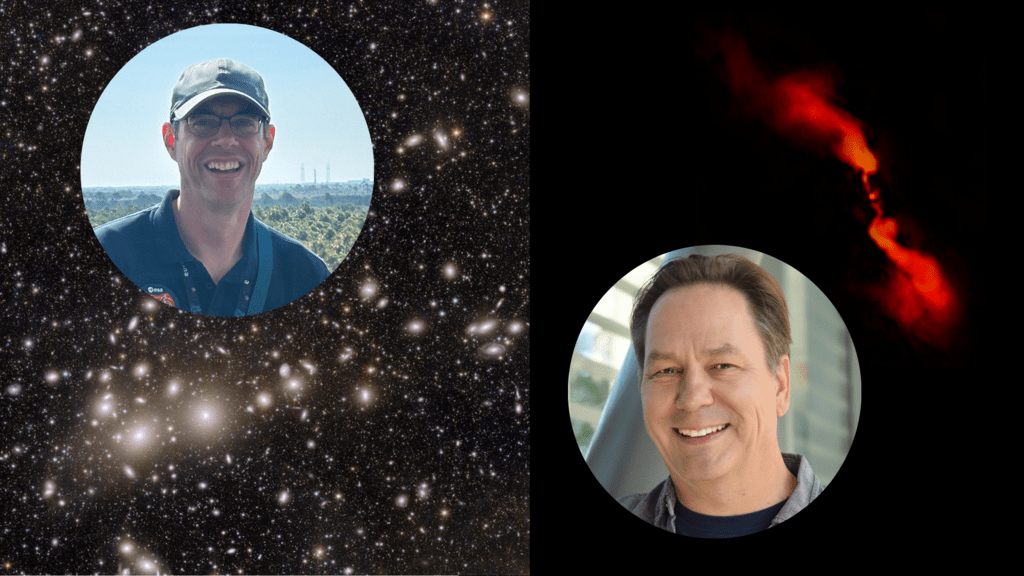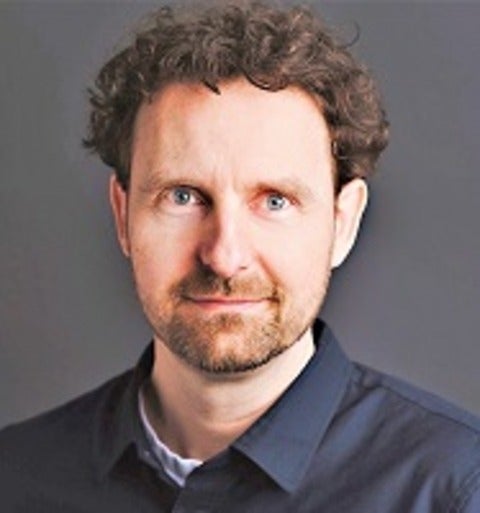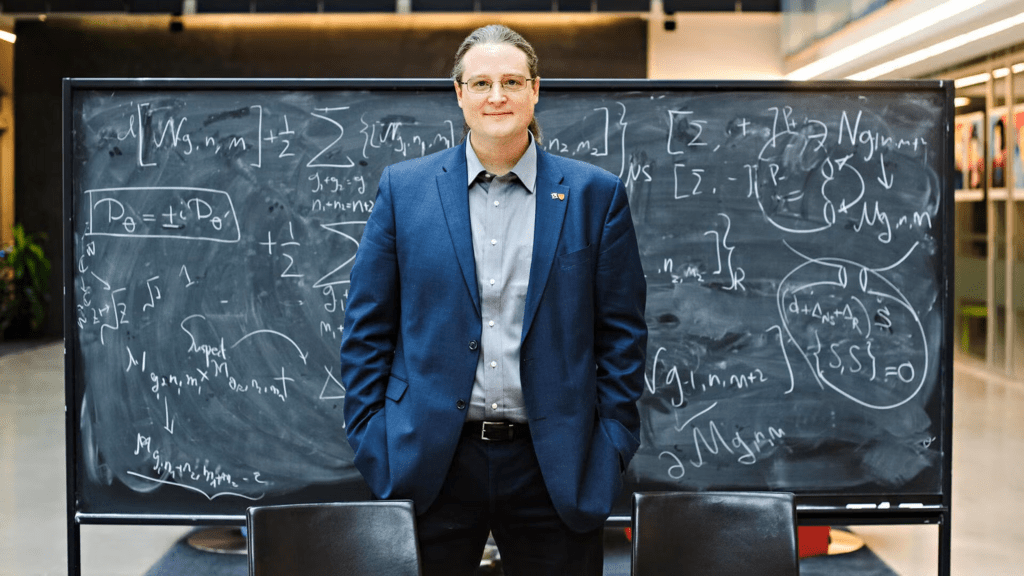CSA awards funding to Will Percival and Brian McNamara
Waterloo Centre for Astrophysics researchers Will Percival and Brian McNamara have received funding from the Canadian Space Agency (CSA) to support their work studying cosmology, galaxy clusters and supermassive black holes.









